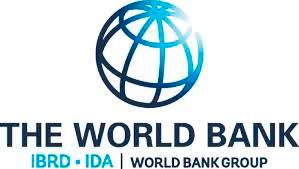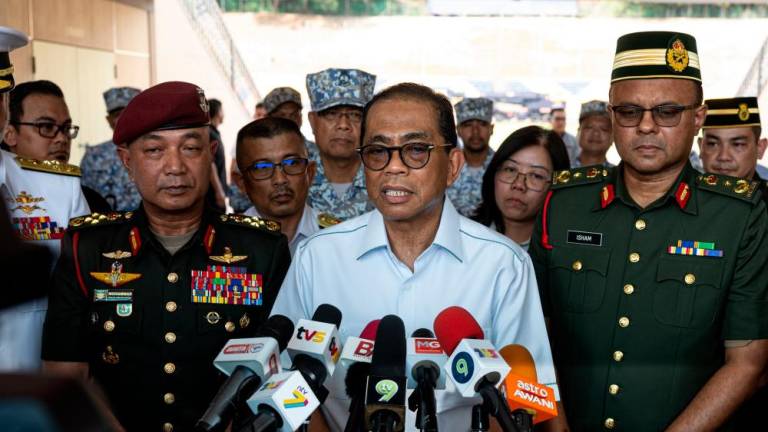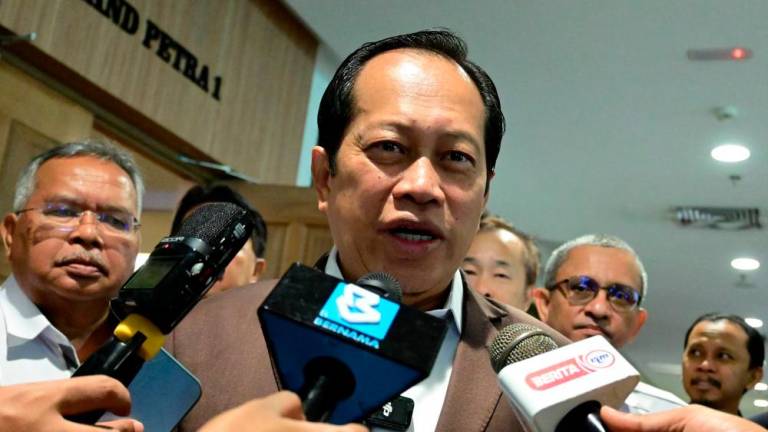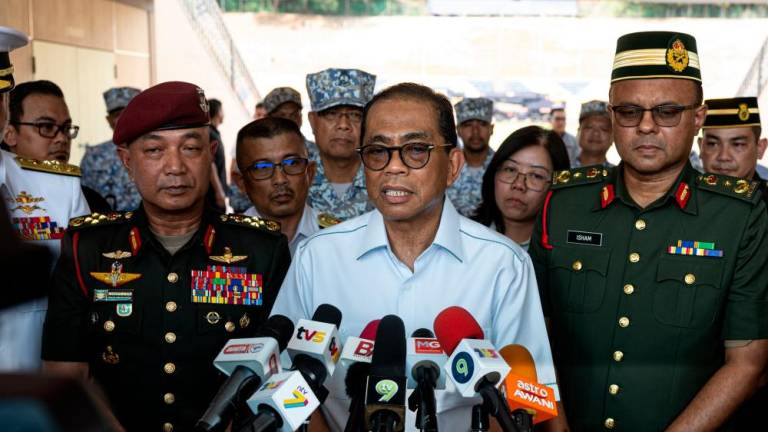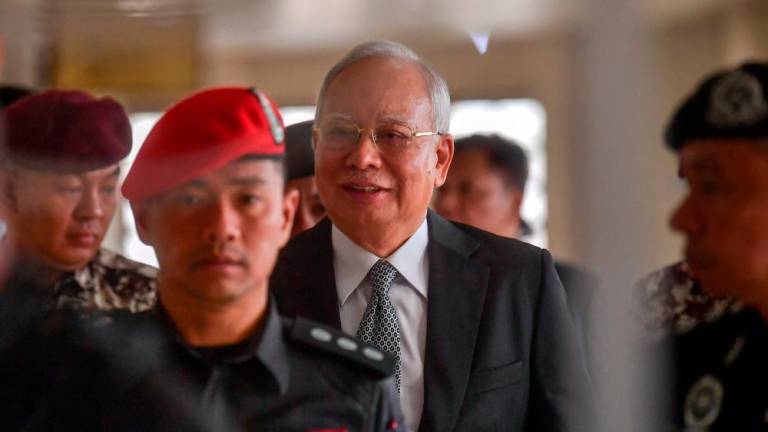KUALA LUMPUR: Malaysia’s economic growth is likely to rebound next year on the back of an effective roll-out of the Covid-19 vaccination programme, continuous export movement, and buildup in consumption and investment.
World Bank Group senior economist Shakira Teh Sharifuddin said the bank expects the first vaccination programme to be rolled out in the first quarter of 2021.
“Sector-wise, it seems that there has been a pick-up in the manufacturing sector in the third quarter, particularly in the electrical and electronics sector. We see that sectors like agriculture are very resilient.
“Going forward, with the gradual reopening of the economy, we expect the improvement to be broad based,“ she said during a press briefing after the launch of the Malaysia Economic Monitor December 2020 today.
The World Bank projected Malaysia’s economy to grow by 6.7 per cent in 2021 after contracting by 5.8 per cent in 2020, subject to numerous uncertainties such as the deployment of an effective vaccine and the robustness of a rebound in global growth.
Notwithstanding a growth rebound in 2021, Malaysia is not expected to recover fully from the shock of Covid-19 within the next few years, the bank said in the report.
The World Bank said the economic downturn caused by the pandemic and the responding stimulus packages came with a cost, and expected Malaysia’s fiscal deficit to widen to 6.0 per cent of gross domestic product (GDP) in 2020, while federal government debt has increased to 60.7 per cent of GDP.
Meanwhile, the federal government’s revenue is expected to fall to 15.1 per cent of GDP in 2021, straining the government’s ability to respond to future shocks and sustainably finance its longer-term inclusive growth agenda.
“Rebuilding the coffers is something the government should seriously look at, at least in the medium term,” said Shakira.
On Budget 2021 that has been passed at the Dewan Rakyat recently, she said it would help economic recovery via several initiatives, such as the cash transfer programme to help vulnerable households, and the introduction of upskilling and reskilling programmes
“This is also the first time that the budget is aligned with the (United Nation’s) Sustainable Development Goals,“ she added. -Bernama



